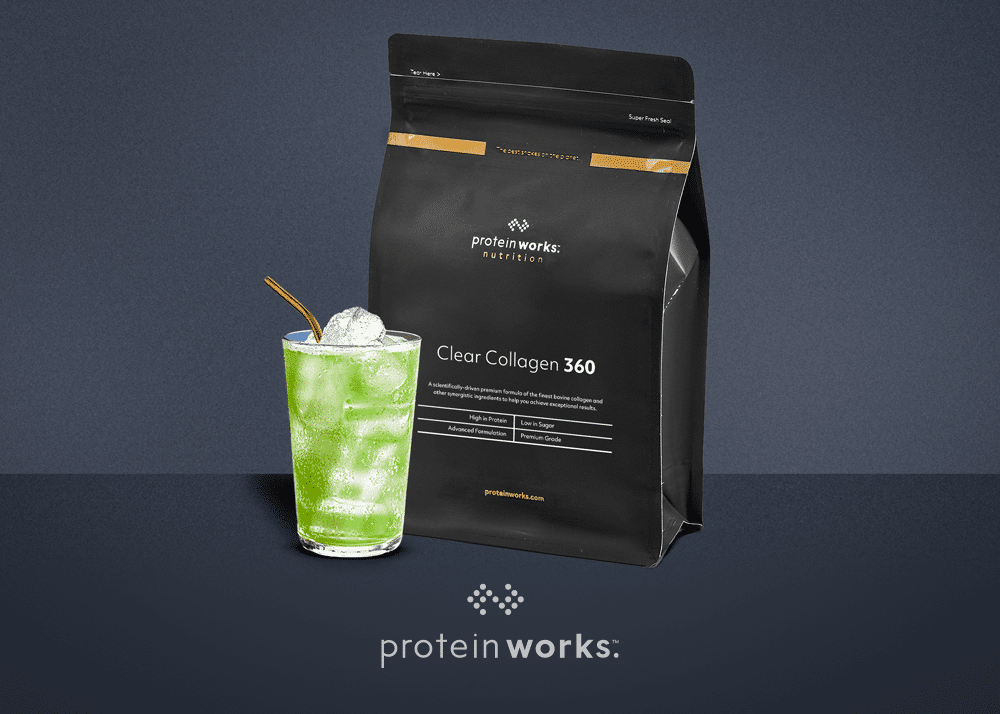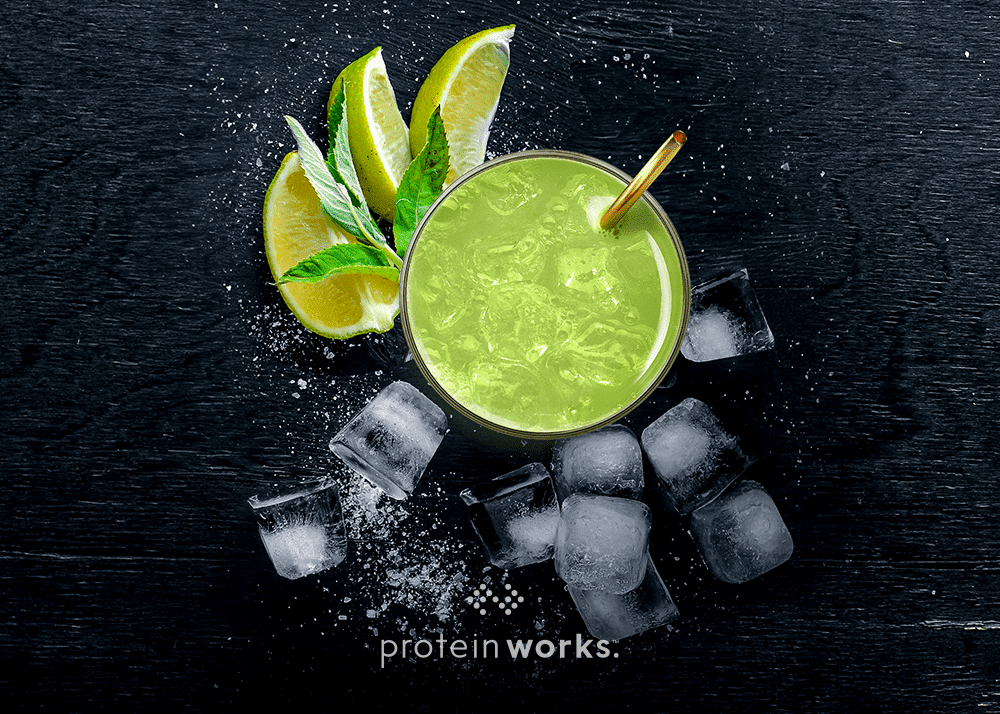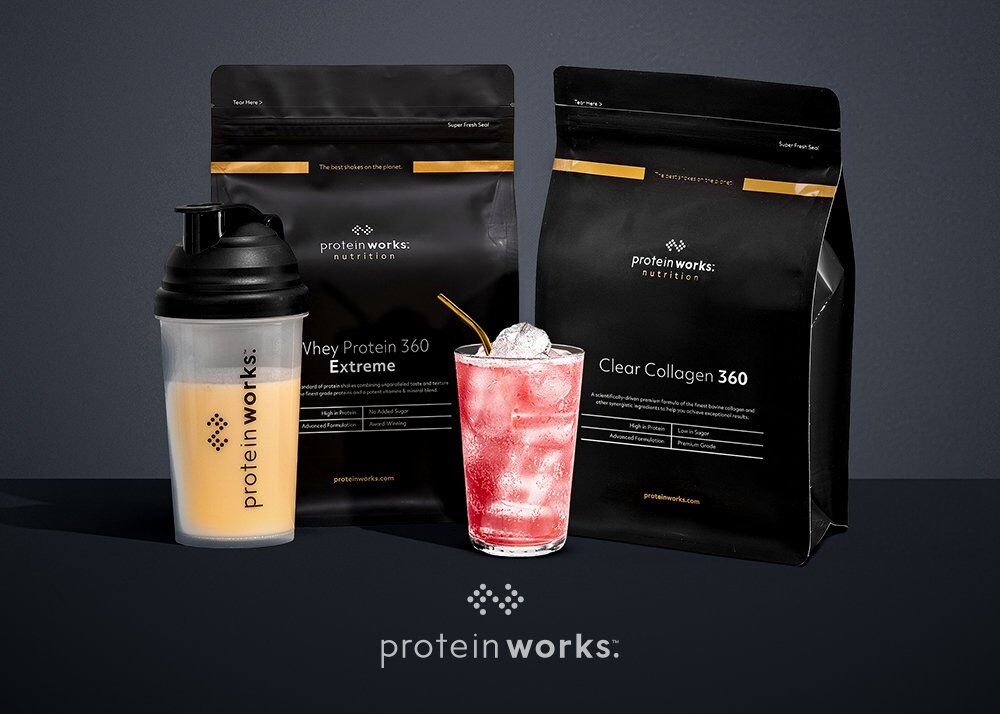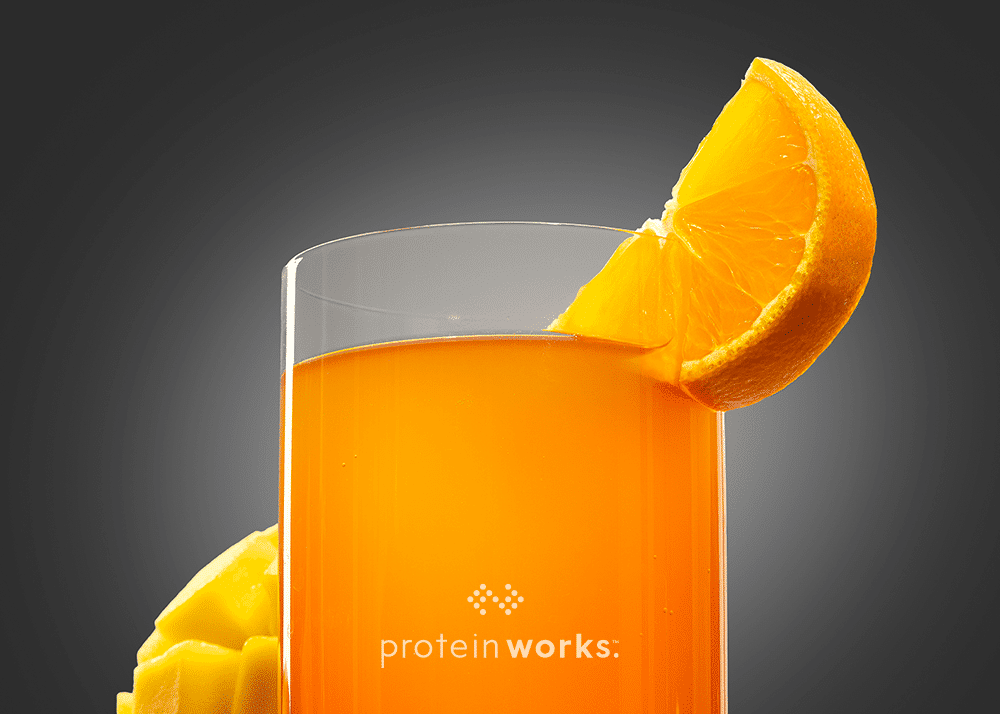
Marine vs Bovine Collagen: Which is Better?
Collagen supplements are fast becoming some of the most in-demand supplements right now, boasting such claims as strengthening bones and joints, boosting gut health and general wellbeing. But finding the right one for you requires a little research – especially as there are two main types on the market: bovine and marine.
Let’s break it down for you. Explaining the difference between the two, and the potential pros and cons of each:
What is collagen?
As a quick overview before we jump into the nitty gritty, collagen is the most abundant protein naturally occurring in the body, playing a key role in holding your body together. Effectively, it acts as a building block in your skin, bones, muscles, tendons and ligaments, providing essential structure and keeping everything held together. It starts declining as you age, though, so supplementing it with products like our Collagen 360 has become a popular way to keep the levels up.
There are three main types of collagen in our bodies: Type I, II, and, you guessed it, III. Let’s break it down simply. Type I is the most common and is associated with skin, hair and nail health. Conversely, Type II is important for joint function, eye health and cartilage. Type III is pretty similar to Type I, but is found more in our muscles and blood vessels. It works well alongside Type I to support skin health and elasticity. Differently sourced supplements contain different types of collagen, potentially having an impact on the benefits they have to your body.
So, while both marine and bovine collagen are marketed for their potential skin, joint and overall wellness benefits, one of their key differences comes down to the type of collagen they contain. Knowing the benefits you’re after will help to narrow down which type of collagen supplement you opt for.
The pros and cons of marine collagen
Marine collagen, as the name suggests, is sourced from marine life, often the skin and scales of fish. When it’s produced, the proteins from this source are broken down by water to turn them into peptides (a smaller block of proteins made of amino acids), to help your body absorb the collagen better. Typically, this type of collagen has high levels of Type I, and also contains some Type II. So what does this all mean in practice?
Marine collagen benefits
The type and source of the good stuff in marine collagen has a range of benefits that might make this the right choice for you.
Health benefits
Because it’s high in Type I collagen, marine collagen may be effective for skin health and hydration. Some studies have found that marine collagen supplementation can support skin health and even reduce wrinkle depth. The Type II found in marine collagen also has potential benefits for your eye health, keeping them hydrated and accelerating wound healing in your corneas.
Bioavailability
During its production process, marine collagen is broken down into slightly smaller particles than bovine collagen, which makes it easier for your body to absorb. This makes it faster acting – however more research is needed to find out exactly how this affects its effectiveness when compared to other forms of collagen.
Sustainability
Generally, fish-derived collagen is considered more environmentally sustainable than bovine collagen, as it can be sourced from byproducts of the fishing industry, which would otherwise go to waste. However, there are also unsustainable ways of sourcing marine collagen, so if sustainability is an important factor for you, we’d recommend doing some research into the supplements you’re considering to find out where they source their collagen from.
Marine collagen drawbacks
Marine collagen does also have its cons. Here are some things you might want to consider.
Allergy risk
If you have any sort of fish allergy, consuming marine collagen is not an option for you – so it’s not something that’s universally suitable.
Higher cost
There’s a bit more processing required in the production of marine collagen, and it’s still more rare to find than bovine collagen, so that gives it a slightly higher price point.
Limited types of collagen
Since marine collagen contains mainly Type I collagen, and a little Type II, it’s missing Type III, the second most abundant type in the body. This means it might not be quite as effective as bovine collagen for supporting skin, gut, muscle and bone health – but we’ll get onto that now.
The pros and cons of bovine collagen
Bovine collagen is derived from cows, more specifically, their hides, bones, and cartilage. This collagen contains both Type I and Type III, making it a versatile choice for a broader range of body benefits, from skin and bones to blood vessels and muscles. This is the most common source of collagen supplement, but what are its pros and cons?
Bovine collagen benefits
Like marine collagen, bovine collagen has been shown to have some great benefits that might align with your health and wellness goals.
Type I and III working together
Bovine collagen’s Type I and Type III content means it could be beneficial for not only skin health, but also for supporting muscles, bones, and general tissue structure. Research suggests that the two types work well together, bolstering each other’s benefits and keeping the body’s stores of the two most common collagens nicely topped up.
Gut health
Bovine collagen is also more abundant in glutamine than marine collagen. This is an amino acid that has been shown to help repair the intestinal barrier, reducing inflammation in the gut and boosting your overall digestive health.
Muscle growth
Bovine collagen may support muscle health. Many studies have shown that the types of collagen present could have an impact on muscle mass and strength – especially when combined with protein, like in our Collagen Protein Coffee.
More affordable
Generally, bovine collagen sits at a lower price point than marine collagen, thanks to the simpler production process and overall availability. As a result, it could be a good choice if you want to start dipping your toes into collagen supplements without breaking the bank.
Bovine collagen drawbacks
This type of collagen isn’t suitable for everyone. Here are some things to think about before diving in.
Lower bioavailability
Some research indicates that bovine collagen may not be absorbed as efficiently as marine collagen – but not by much. Regular use of these supplements still shows benefits for skin and joint health, so this isn’t too much of a con.
Ethical and religious concerns
Since it derives from cows, bovine collagen may not be suitable for individuals with dietary restrictions related to beef, such as some religious and ethical beliefs.
No Type II
Bovine collagen has not been found to boost Type II collagen in the body. If the benefits of this type are the ones that are most important to you, this might not be the right choice.
We’ve found that most people’s priorities lie in the effects that come from Type I and Type III collagen. Namely, skin and hair health, bone strength and joint support. So, our collagen products – the Collagen 360 and Collagen Protein Coffee – both use premium bovine collagen. This keeps the effectiveness high but the price point affordable, allowing as many people as possible to be able to enjoy the results.
References
Marine vs. Bovine Collagen: What’s the difference? | The Healthy Chef
The difference between marine and bovine collagen | The Beauty Chef
Bovine vs. Marine Collagen | Bulk Nutrients
What is bovine collagen, and does it have benefits? | Healthline
Choi, Franchesca D. et al. “Oral Collagen Supplementation: A Systematic Review of Dermatological Applications.” Journal of drugs in dermatology : JDD vol. 18,1 (2019).
Kim, Min-Hyun, and Hyeyoung Kim. “The Roles of Glutamine in the Intestine and Its Implication in Intestinal Diseases.” International journal of molecular sciences vol. 18,5 1051. 12 May. 2017.
Baratta, Robert O et al. “Collagen Mimetic Peptides Promote Corneal Epithelial Cell Regeneration.” Frontiers in pharmacology vol. 12 705623. 16 Aug. 2021.




